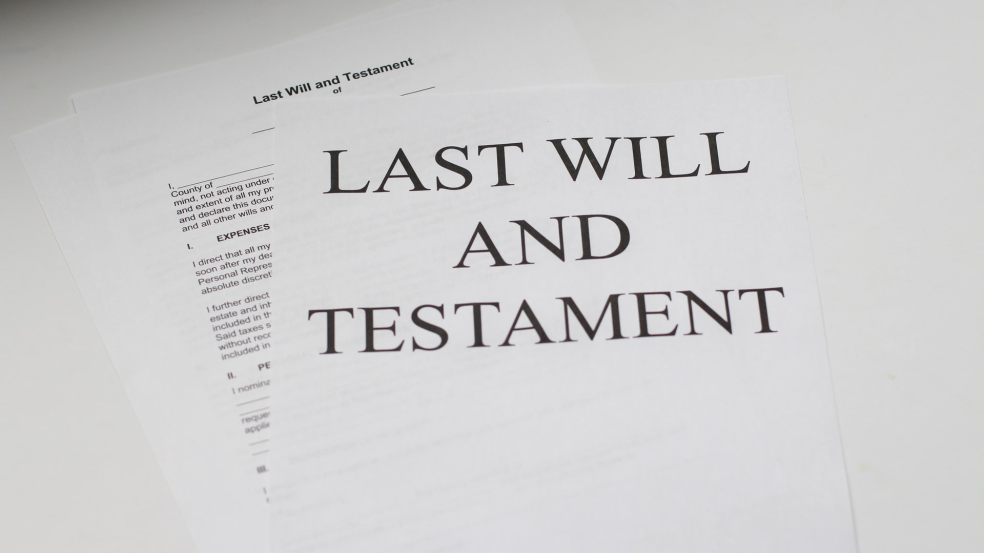
Who Can and Can’t Dispute a Will?
Wills are among the most important documents we will ever create. They offer a clear, definitive answer to questions of inheritance following our deaths, and mean that our estates – our finances, property, investments, digital and physical assets – can be passed onto family and loved ones according to our wishes. Or, at the very least, that’s what they are intended to do.
For some of us, however, dealing with the death of a loved one means dealing with the heartache of a will that seems at odds with what we knew about the individual, any promises made, or any obligations that they held in life.
This is not only a painful reminder of their absence, but, in a more practical sense, a major worry for anyone who was in some way dependent on receiving what was promised or owed to them. In some cases, electing to dispute the will represents the only option open to people in this situation, but the process is complex – particularly if your right to the estate in question is not crystal clear.
Here's what you need to know.
Can anyone dispute a will?
Legally speaking, yes, anyone can dispute a will. Your chances of having success in the process, however, are heavily dependent on your relationship to the individual who has passed away, and how clear your right to inherit is.
For the most part, anyone disputing the will should be related to the individual by blood or hold a ‘vested interest’ in their estate. This usually means that the person disputing the will should be either a child, spouse, life partner or a person mentioned in the will, or a previous version of the will.
Alternatively, the individual who has passed away may have failed to make reasonable financial provision for someone who, prior to their death, was in some way dependent on them. In general, this would apply only to partners – particularly if they lived together but weren’t married – children (or someone brought up as a child), or to ex-spouses, provided that the person disputing the will has not remarried.
So, in summary, yes, anyone can dispute a will. However, unless you can give a sound legal reason, it is highly unlikely you will have any success – even with the best solicitor by your side.
How do you do it?
Firstly, understand how lengthy and complex the process of disputing a will really is. Since no further information or amends can be made by the individual who has passed themselves, it is down to you and your solicitor to offer a sound argument in favour of making a claim against the estate. You can click here to read a more comprehensive guide to the process of contesting a will.
Coming to the decision to dispute a will needs to be done quickly. You will need to begin proceedings within six months of grant of probate and ensure that you have a copy of the grant of probate (or letters of administration). You will also need to be prepared for the fact that disputing a will is rarely quick or simple and can easily cause rifts within the family unit.
Nevertheless, disputing a will is often the best option available to people who find themselves in an unexpected situation following the death of a loved one, and it is vital that you understand how to get the ball rolling as soon as possible.



















